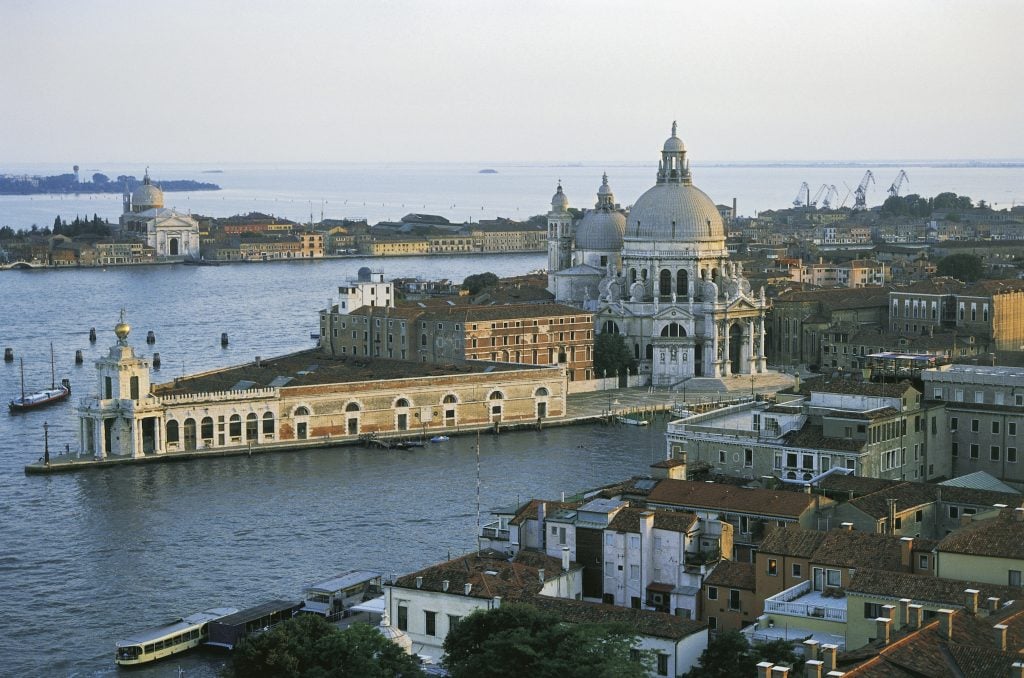People
The Pinault Collection Takes Down a Photograph by Curator Rebeccah Blum’s Killer Following Art-World Calls to Erase His Legacy
The art world is cutting ties with the photographer.

The art world is cutting ties with the photographer.

Sarah Cascone

The Pinault Collection in Venice has removed an artwork by curator Rebeccah Blum’s murderer, photographer Saul Fletcher, from the walls of Punta della Dogana following calls from the art world to erase all traces of the late artist.
The gallery says the decision was taken “out of solidarity with the women victims of violence” and out of “respect” for Blum’s memory, according to a statement.
The work, Don’t Let the Darkness Get You Down, was part of “Untitled, 2020. Three perspectives on the art of the present” curated by Caroline Bourgeois, Muna El Fituri, and the artist Thomas Houseago, which features more than 60 pieces from the collection of luxury-goods magnate and Christie’s owner François Pinault. It was taken down on August 12, but news of its removal was first reported by the Times on Friday.
Fletcher, 52, murdered Blum, his 53-year-old partner, at their Berlin apartment on July 22 before dying by suicide. Initial coverage of the crime focused on Fletcher’s career, his “moody” art practice, and his recent friendship with Hollywood star Brad Pitt, eclipsing Blum’s own accomplishments as a curator, editor, publicist, translator, and foundational part of today’s thriving Berlin art scene, as well as the violent nature of his actions.
The American-born, Berlin-based Blum held various roles in the art world, including as a European representative for David Nolan Gallery and a project manager through her own company, Blum Fine Art Management.
Blum’s family and loved ones have called on the art world to eradicate Fletcher’s memory, and to focus instead on her life and career.
“I want her name to be remembered and nobody else’s,” wrote Blum’s daughter, Emma, on Instagram.
The art world has faced a reckoning in recent years amid a growing push for museums to acknowledge the problematic and sometimes violent biographies of some of art history’s most famous names. Curators are having to grapple anew with how to address Paul Gauguin’s Tahitian child brides, Pablo Picasso’s abusive relationships with women, and Carl Andre’s acquittal for the murder of his wife, Ana Mendieta.
London dealer Alison Jacques, who represented Fletcher from 2008 to 2016, has already taken steps to undo his artistic legacy by removing all traces of his work from the gallery website, as reported last month by the Art Newspaper.
“It is not ok to continue to promote, publicly archive or exhibit the work of a perpetrator of domestic violence and murderer, no matter how big the foundation or museum concerned is and no matter how long a gallery worked with him and thought they knew him,” wrote Jacques on Instagram. “We hope the rest of the art world does the right thing.”